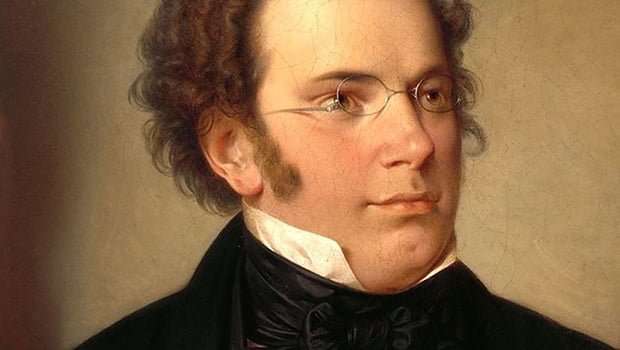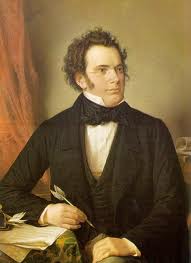Franz Schubert, an Austrian composer of the early 19th century, left an indelible mark on the world of classical music. With his unparalleled ability to capture raw emotions and create enchanting melodies, Schubert’s compositions continue to inspire and move listeners to this day. In this blog post, we will embark on a journey through Schubert’s musical legacy and explore the ten best compositions that showcase his genius and artistic prowess.
- Symphony No. 8 in B minor, D.759 (Unfinished Symphony): One of Schubert’s most celebrated works, the Unfinished Symphony, is a testament to his exceptional compositional skills. With its hauntingly beautiful melodies and seamless transitions, this symphony remains an enigma, leaving listeners captivated by its unfinished nature.
- Winterreise, D.911: Winterreise, meaning “Winter Journey,” is a song cycle that delves into themes of lost love and existential despair. Schubert’s profound understanding of human emotions is showcased through his exquisite melodies and poignant lyrics, making this composition an emotional rollercoaster for both the performer and the audience.
- Piano Sonata No. 21 in B-flat major, D.960: Considered one of the greatest piano sonatas ever composed, D.960 is a work of sublime beauty. From the delicate opening to the passionate and melancholic sections, Schubert’s mastery of harmony and form shines through, leaving a lasting impression on anyone who listens.
- String Quintet in C major, D.956: Regarded as one of the pinnacles of chamber music, Schubert’s String Quintet showcases his profound ability to blend contrasting emotions seamlessly. From the introspective and melancholic moments to the exuberant and joyous passages, this composition is a testament to Schubert’s compositional genius.
- Impromptus, D.899: The Impromptus, a set of four piano pieces, highlight Schubert’s gift for creating enchanting melodies. Each impromptu possesses a distinct character, ranging from tender introspection to lively dance-like movements, displaying Schubert’s versatility and mastery as a composer.
- Trout Quintet, D.667: The Trout Quintet is a delightful and buoyant chamber work that captures the essence of Schubert’s musical charm. With its lively melodies and infectious energy, this composition stands as a testament to Schubert’s ability to create music that brings joy to both the performers and the audience.
- Ave Maria, D.839: Among Schubert’s most famous compositions, Ave Maria is a divine masterpiece that showcases his ability to infuse sacred texts with heavenly music. Its serene and ethereal melody combined with Schubert’s sensitive harmonies make this piece a timeless gem.
- Symphony No. 9 in C major, D.944 (The Great): Known as “The Great,” Schubert’s Ninth Symphony is an expansive and majestic work. With its grand orchestration and sweeping melodies, this symphony demonstrates Schubert’s ability to create vast musical landscapes filled with emotional depth and power.
- Moments Musicaux, D.780: The Moments Musicaux, a collection of six piano pieces, is a showcase of Schubert’s ability to express a wide range of moods and emotions. From introspective and lyrical melodies to lively and virtuosic passages, this collection exemplifies Schubert’s mastery of the piano.
- Die schöne Müllerin, D.795: Die schöne Müllerin, or “The Beautiful Miller’s Daughter,” is a song cycle that tells a poignant and tragic love story. Schubert’s ability to weave together music and poetry in perfect harmony is beautifully displayed in this composition, leaving a lasting impact on those who immerse themselves in its emotional depths.
Conclusion:
Franz Schubert’s compositions continue to captivate audiences with their timeless beauty and emotional depth. From symphonies to chamber music, lieder to piano pieces, Schubert’s genius shines through in each composition, leaving a lasting impact on the world of classical music. Exploring the ten best compositions highlighted in this blog post will undoubtedly serve as an enriching and awe-inspiring musical journey for any lover of Schubert’s music.


Comments are closed